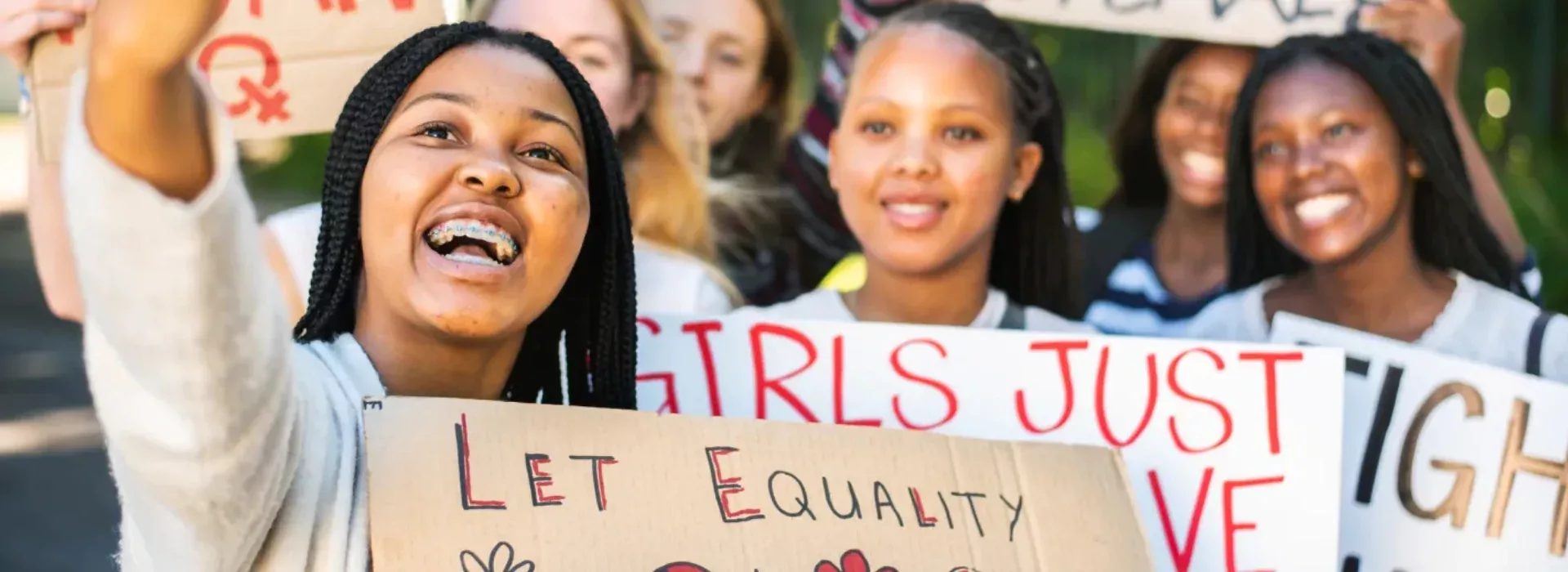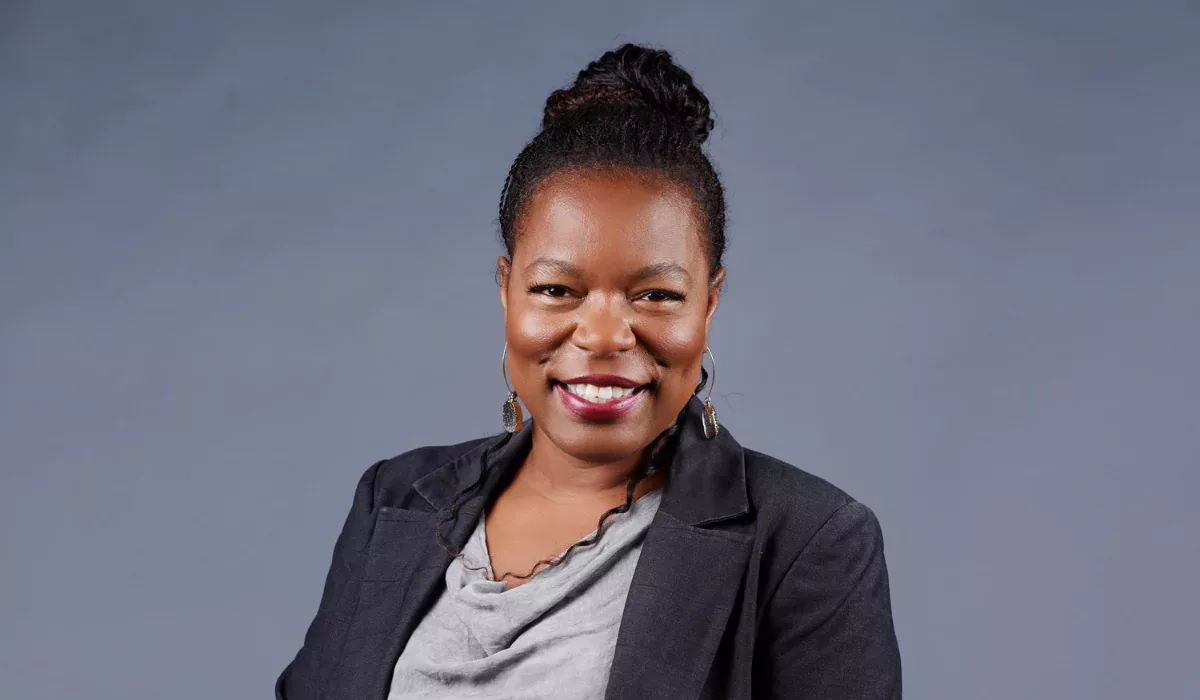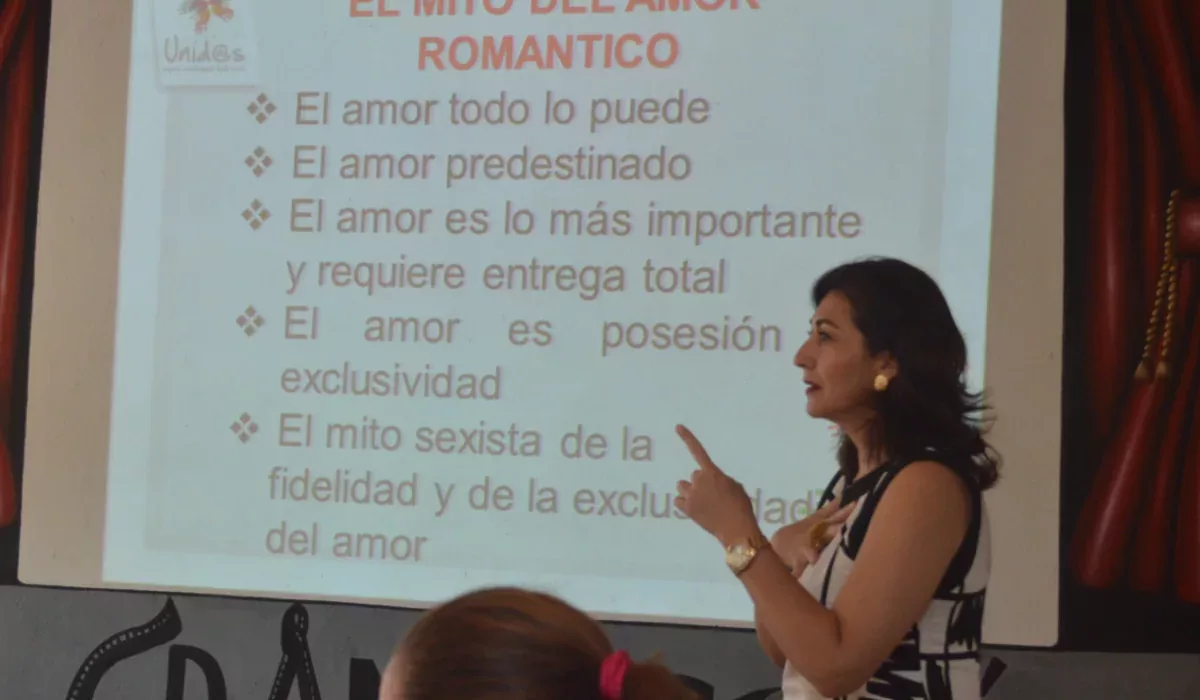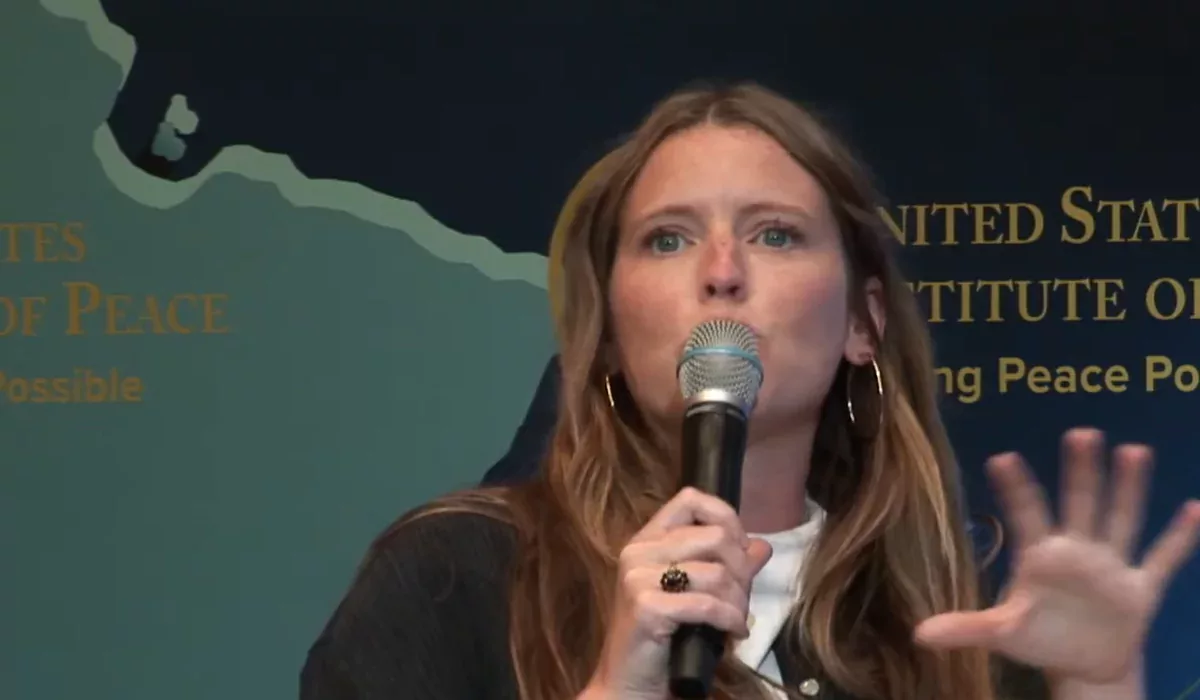
Reimagining Philanthropy: Women, Trust, and the Power of Grassroots Movements
By Latanya Mapp, President and CEO, Rockefeller Philanthropy Advisors (RPA) & Jude Kelly CBE, Founder and CEO, The WOW Foundation
In case you missed the memo, philanthropy has reached a critical turning point. Too often, it overlooks the voices of those who are driving the most transformative changes — women who are deeply connected to the challenges and opportunities in their communities. But a shift has already begun, and I am here for it.
International Day of the Girl Child 2024, coming up tomorrow on October 11th, with its theme of ‘Girls’ Vision for the Future,’ reminds us that the next generation of leaders already have a vision for change — they just need the tools to make it a reality. Girls and women know what they need; they’re telling us what they need. The question is, are we truly listening to them?
This year’s theme reflects findings from a UNICEF analysis, which revealed that while girls are bearing the brunt of countless global challenges — from child marriage to education access, malnutrition to HIV infection, despite this, they are often hopeful for the future. I find this both deeply upsetting and incredibly inspiring. The evidence presented in the report lies in the actions so many girls take every day to realize a vision of a world in which all girls are protected, respected and empowered. But girls cannot, nor can anyone, realize this vision alone.
“This is not just about giving money — it’s about understanding who you’re supporting, trusting them to lead, committing to their vision, and letting go of your own preconceptions.”
At its core, philanthropy should be about supporting these visions for change and helping them become reality. And this is not just about giving money — it’s about understanding who you’re supporting, trusting them to lead, committing to their vision, and letting go of your own preconceptions of what is needed. Yet, I’ve seen too many times when grassroots women, those truly transforming their communities, are overlooked in favor of large institutions that are disconnected from local realities.
An RPA sponsored project specializing in girls’ education, Echidna Giving, carried out research which showed that educated girls have smaller, wealthier, healthier families later in life:
“They’re more likely to survive childbirth, as are their infants: millions of boys and girls are alive today thanks to their mothers’ early education. These kids are more likely to go to school themselves, leading to gains in wages, agricultural productivity, food security, and overall GDP growth. As active citizens, they will improve their communities and their smaller families will be gentler on the planet.”
When a girl receives an education, what she learns could transform not only her life (which is enough, by the way) but also the lives of her family, community, and nation for generations to come.
This ripple effect is significant, but starting it takes more than simply placing a girl in a classroom. Each day, we discover more about what factors consistently lead to success, yet there’s still much to learn and refine. We must boost funding for education and ensure that the resources are used effectively, with a focus on supporting girls.
“The multitude of stories that women have lived and understood all across the globe are not being told.”
During a recent conversation with Jude Kelly CBE at the WOW Manchester Festival 2024, we tackled the crucial question of whether we are truly reaching the women and girls who are leading change despite our best efforts. Jude’s words stayed with me:
“The multitude of stories that women have lived and understood all across the globe are not being told. They’re not being told on stages, they’re not being told in films. As a result, we don’t know enough about each other. We don’t know about each other’s battles.”
My book, The Everyday Feminist, aims to center these very stories of everyday women putting in the work of taking care of the world, but often going unnoticed. The stories of women, often silenced or ignored, are critical to understanding what true change looks like on the ground. If philanthropy continues to overlook these voices, we also risk overlooking the most impactful solution.
We often say that we’re “supporting women,” but when you dig into the details, that support doesn’t reach the women who are most affected by inequality. We may be able to say, ‘Our portfolios include gender equality,’ but if that money doesn’t reach the community, how effective are we being? This is where we’re falling short in the philanthropy sector; we are too often failing to reach the women who are leading on the front lines.
“The stories of women, often silenced or ignored, are critical to understanding what true change looks like on the ground.”
One of the biggest shifts philanthropy needs to make is in how we approach funding in the first place. Too often, we place the burden on grassroots women to find us — to navigate complex applications, write proposals, and prove their worth. We shouldn’t ask activists to do that kind of work. We should go to them and ask what they need. Philanthropy must be more proactive. That’s how we drive real change.
We need to find these women and build relationships with them, not the other way around. The heart of transformative philanthropy is — trusting women and girls to lead the change and giving them the resources they need to realise their vision for change.
Another crucial part of this conversation is solidarity. Jude spoke about the need for women to come together, not just within their own communities but across borders. “Women need to understand more about intersectionality and how to be allies for each other,” she said, and I couldn’t agree more. The power of philanthropy is not just in funding but in fostering connections that allow women to learn from one another and build collective power.
As we look ahead to the International Day of the Girl Child, we need to ask ourselves: How can we ensure that young women and girls are not just heard but supported? The future they envision — one of equality, justice, and opportunity — can only be achieved if we invest in them today.
In short, philanthropy has an opportunity — and an obligation — to evolve. It’s time to be bold. If we’re serious about addressing inequality, we need to ensure that funding reaches the grassroots women and girls who are driving the change. We cannot keep relying on outdated models that put the burden on them to seek us out. Instead, we need to meet them where they are, listen to their needs, and trust in their leadership. As we reflect on International Day of the Girl Child, let’s commit to not only celebrating their vision but also putting our money where our mouth is and investing in it. It’s time to put action behind our words to ensure philanthropy truly supports the next generation of women leaders. The future of all of us depends on it.


